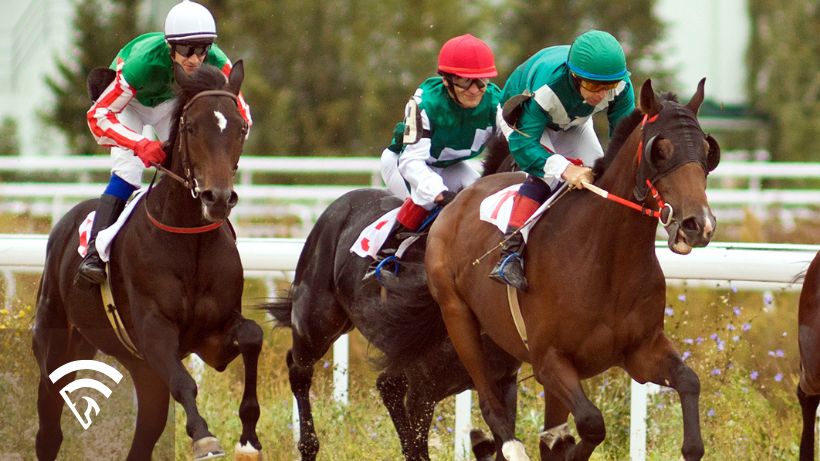What is a First-Time Starter?
A first-time starter is a horse making its debut in a live race. These horses have never competed in an official race before, so bettors have no past performance lines to reference. Instead, handicapping a first-time starter requires evaluating workouts, pedigree, trainer stats, and intent.
First-time starters add an element of uncertainty to any race. They can win impressively or show signs of inexperience, often depending on the quality of their preparation and how they handle the race-day environment.
Because there's no racing form to study, these horses are often among the most difficult to predict—and potentially the most rewarding.
What to Look for with First-Time Starters
Since first-time starters have no race history, you’ll need to assess other signals to judge readiness. These include:
Workouts
Steady, professional workouts—especially gate works—can indicate that a horse is fit and mentally prepared. Look for sharp final drills and good workout times over the last few weeks.
Pedigree
Some bloodlines are known for early speed or precociousness, while others tend to develop later. A strong debut pedigree can suggest that the horse is suited to sprint distances and early success.
Trainer Statistics
Some trainers excel with debut runners and have high win percentages in maiden special weight or maiden claiming races. Others use the first start as a learning experience.
Ownership Intent
Horses from prominent barns or expensive auctions may be more likely to be well-prepared. A strong jockey booking is also a good sign that the barn expects a competitive effort.
Post Position
Inside posts can be challenging for green horses, especially in sprints. Outside posts may offer a smoother trip and more room to settle.
Risk and Reward of Betting First-Time Starters
Betting on a first-time starter is a high-variance play. These horses often go off at generous prices because the public tends to favor runners with proven form. However, a sharp debut effort—especially from a well-meant barn—can lead to big payoffs.
The key is context. If a race is filled with experienced but uninspiring horses, a first-time starter with sharp works and strong connections may be a serious threat. But in deep fields with proven talent, it’s often better to wait until the horse has a race under its belt.
How EquinEdge Helps with First-Time Starters
Even without past performances, EquinEdge provides useful tools for assessing firsters:
- EE Win % uses data-driven models to predict a horse’s win probability, even if it has never raced before.
- GSR (Genetic Strength Rating) reveals how well a horse is bred for today’s surface and distance. A high GSR can indicate that the horse is suited for success right out of the gate.
- Trainer and jockey filters can give you a better read on who’s most likely to have a debut horse ready to run.
With EquinEdge, you don’t have to guess. You can combine pedigree, trainer history, and algorithmic projections to find hidden value in first-time starters.
Final Thoughts
First-time starters can be tricky, but they’re also a place where sharp handicappers gain an edge. If you can identify which ones are live and which are just getting experience, you can capitalize before the betting public catches on.
EquinEdge gives you the tools to assess these unknowns with confidence—and sometimes, the best betting opportunity is the one with no past form at all.
